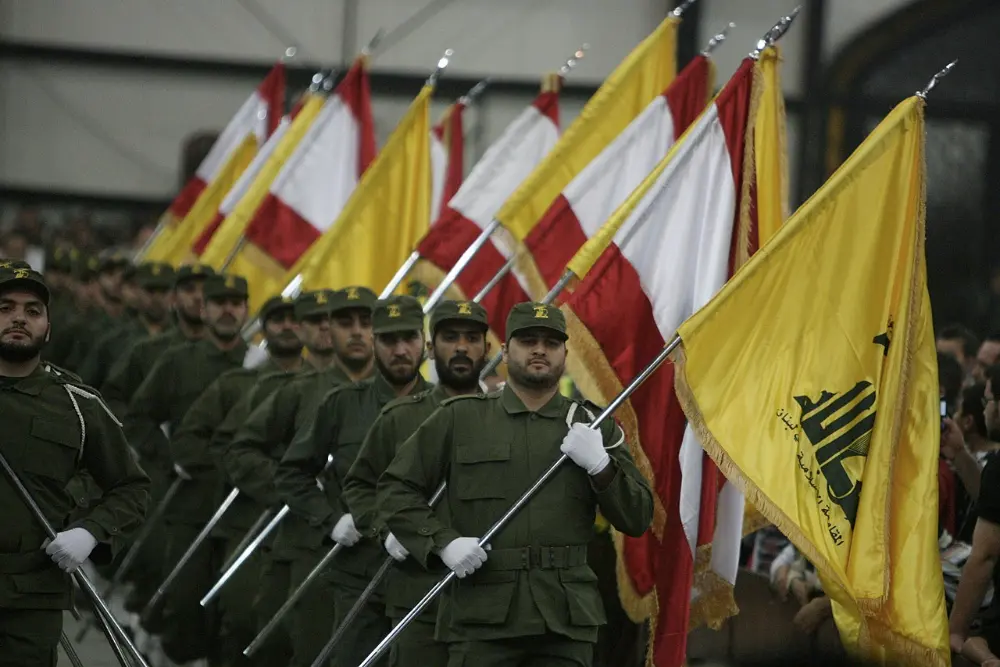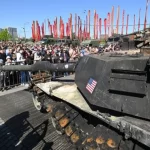The Middle-East has ever seen: Here Is Why.
Just recently, Israel assassinated one of Hezbollah’s prominent military leaders, Taleb Sami Abdullah, about six miles from its northern border, inside Lebanon. Abdullah was in charge of Hezbollah’s military operations along the central region of the Lebanon-Israel border, a Hezbollah official told the Reuters news agency. In retaliation to that, Hezbollah launched about 160 rockets on Israeli settlements – a development that would further enhance the possibility of a full-scale between the two powers.
Maybe non of Israel or Hezbollah are interested in a full-scale war but the escalated happening of incidents would probably push both to go against their will. Today, more and more troops are engaged in the operations, from both sides. Today, new geographies are being hit and targeted, whether in Israel or Lebanon. By today, we witness the use of newer weapons from both sides, with wider ranges and more destructive capabilities. All these dangerous developments tells one thing, we are getting closer to a full-scale engagement rather than a peace agreement.
Such a war is definitely not in favor of Israel or Hezbollah, however the wider the scale of battle the less rational the involved players will be. This is not to mention that another war is happening at the moment, not very far from the Israeli-Lebanese borders -Gaza War- which would further complicate the situation and heat-up the region further. In fact, Hezbollah has repeatedly announced that the offensive on Israel would not stop as long as the Israeli offensive on Gaza is going on. Thus, it’s a multifaceted crisis that has to do with a multi number of players.
Gaza war does not seem to end very soon, as Hamas and Israel are still capable to continue the fight and they both see that turning around is very costly at the moment. This is especially for Netanyahu and his government since he repeatedly promised to fully eliminate Hamas from Gaza. If the war stops now and he fails to keep his “Big Promise”, he will have a very unfavorable status in Israel, legally and politically, and it would probably be the end of his political career. While for Hamas, it is essential to secure a “partial victory” over the Israeli army, similar to what Hezbollah did in 2006.
Based on the above, we are much closer to witness a vivid escalation in the confrontation between Hezbollah and Israel, since the war in Gaza is still on. Moreover, Israel is using the ongoing fight to assassinate more and more significant leaders of Hezbollah, whether in Syria or Lebanon itself. This is another factor that would push Hezbollah to escalate further in an attempt to make Israel pay a heftier price for these assassinations. In other words, the more fighters fall from both sides, the faster we will reach the stage of a total war.
Eventually, if a full-scale war breaks out between the two, it would definitely be like no previous war in the Middle-East, taking into consideration the arsenal of both, the might of the supporters of both, the readiness of both, and the high possibility of expanding such a limited war into a wide regional one.
Hezbollah has accumulated a significant number of advanced missiles and weapons from Syria and Iran, many of them are new and never been in service during the 2006 war. This is not to mention the very advanced network of underground tunnels that the group developed for years and years, while many experts confirm it is far more advanced and complex than the one Hamas had built in Gaza. Furthermore, Hezbollah has acquired a new element in the battle, the advanced drones it recently got from Iran, which gives the group a much better capability in detecting and targeting the Israeli troops.
On the other hand, the Israeli army should have gained some “decent experience” after the 8 months war in Gaza, specifically in dealing with tunnels and guerrilla war tactics. Moreover, Israel today uses better spying technics due to the highly advanced drones it has bought from the US – which had not been used in the 2006 war with Lebanon. In addition, Israel still enjoy the superiority in its airpower capabilities, which is an important advantage in modern warfare.
Beside all the above, there is a very significant factor which makes such a war pretty much different than any other war in the Middle-East. On one hand, It is the very strong attachment among Hizbollah, Syria and Iran, while on the other hand, the also strong attachment between Israel and Western militaries, specifically the US.
Thus, in the scenario of a full-scale war between Hezbollah and Israel, there is a very high chance it expands to become a total war in the whole region. Iran and Syria would not stand still if such a scenario kicks off. Iran usually uses Syrian geography to transfer arms and needed logistics to Hizbollah, this means Israel would probably intensify its attacks on Syrian and Iranian targets. Such a move would drag the whole region into the armed conflict. The same analysis is applicable for Israel and all its Western and non-Western allies.















Comments